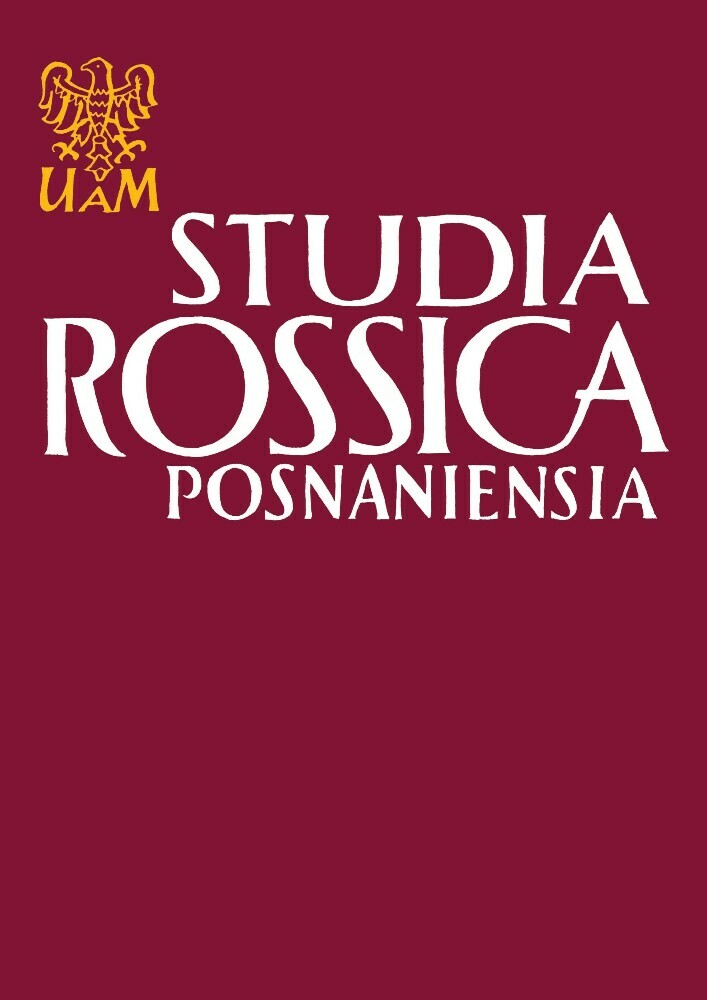Abstrakt
The contemporary literature borders don't agree with the formal state borders. The Russian literature is an example of this. Its ethnic index doesn't correspond either with a writer's residence or his citizenship. Belonging to the Russian literature is defined by the Russian language. Some of non-Russian ethnic writers win awards for their contribution to the Russian literature. Thus any author writing in Russian is a Russian writer. By origin and nurture D. Rubina, T. Pulatov, S. Aflatuni, CH. Aytmatov, A. Volos et al. belong to the Russian culture as well as to a non-Russian one. Being in the sphere of folk and family mythology, memories, traditions, ethnic cooking, religious myths, these writers create their non-Russian ethnic works in Russian. They appear as commentators, interpreters, mediators between two mentalities: the own and the non-own, acting as spokesmen for non-Russian ethnic culture, or as translators between different mentalities, different ethnic values.Licencja
Copyright
© 2011 Uniwersytet im. Adama Mickiewicza w Poznaniu
OPEN ACCESS
